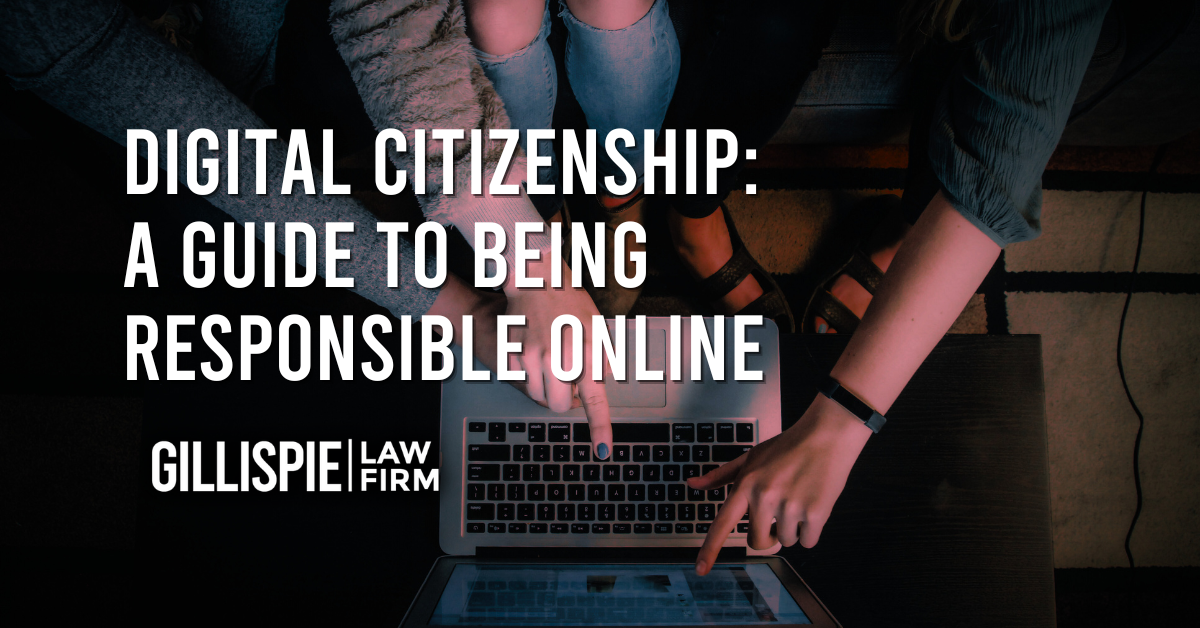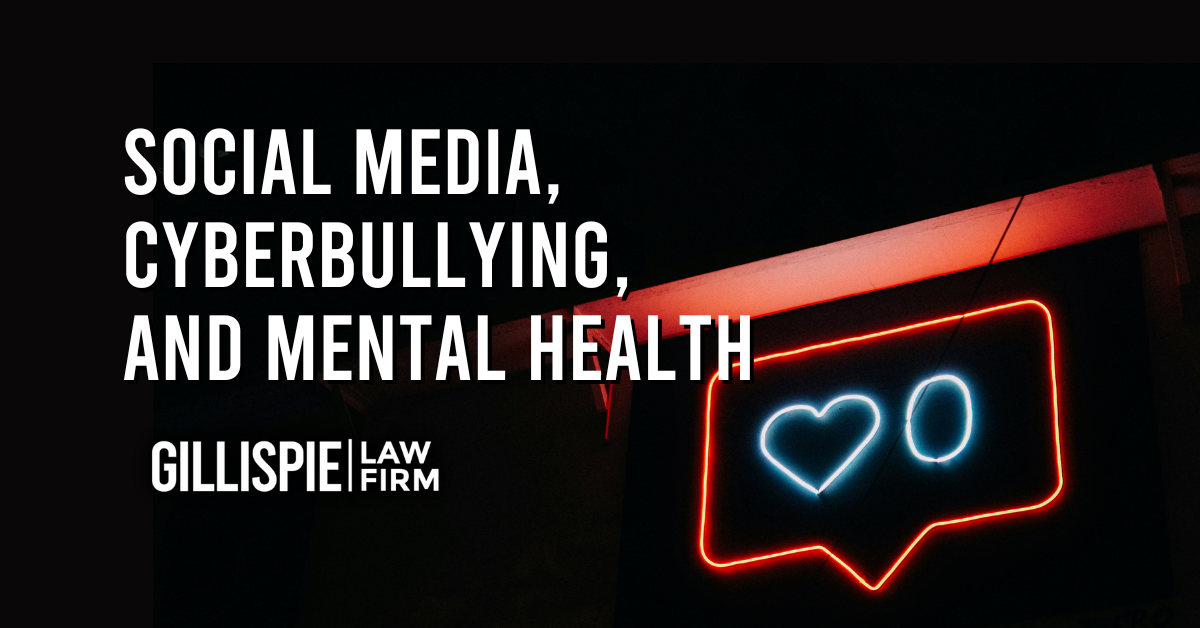The Silent Struggle: The Impact of Not Reporting Sexual Abuse
You’re not alone in this.
A significant portion of male abuse victims do not report their sexual abuse. According to 1in6.org, only 16% of male victims with documented histories of sexual abuse by social service agencies consider themselves to have been sexually abused. However, 1 in 33 American men have reported being the target of attempted rape or successful rape. When the definition of ‘rape’ is broadened to ‘sexual assault’ that figure becomes 1 in 5 men. Men also face overwhelming societal pressures when reporting sexual abuse.
It is never to late to get help. For some, the statute of limitations has expired for any legal pursuit. You can still heal and grow with resources available to sexual abuse victims. You may have spent years trying to put everything behind you, to intentionally repress or forget about what happened, but it’ll never fully go away.
There are always options like talking to a significant other or therapist. In some cases, you can confront those responsible for your trauma through legal actions. However, our goal in this article is to explore why you may have kept everything hidden and why it may be in your best interest to come forward.
Why Didn’t You Report Your Sexual Abuse?
There is a societal view that somehow, men cannot be sexually assaulted or abused. There are beliefs that ‘men always want sex’ or that ‘it is impossible for men to have unwanted sexual encounters’. If a man is assaulted he may also feel that his masculinity has been tarnished or attacked; that he will be viewed as weak or ‘not a man’. This leads to feelings of shame, anger, or betrayal. These feelings expound when an abused young boy grows up believing that he is defective in some way. The stigma follows them throughout their lives.
Up until 2012, the FBI’s definition of rape only included women. Most states had broadened their definitions to include men, but the federal government did not recognize male sexual assault until the Obama Administration. Because men are often the primary aggressors in sexual assault cases, it becomes extra difficult for male victims to report. Victims think that no one would believe them. Some who reported their assaults found the police disinterested and unsympathetic. In some instances, victims found reporting more traumatic than the actual victimization.
The Outcomes of Not Reporting Sexual Abuse
There is no reason to dwell on the what could have been. As a boy, you needed immense courage and strength to report sexual assault. As an adult, it may have put your reputation, family life, and career at risk. However, it may have given you a chance to learn coping skills to combat Post Traumatic Stress Disorder (PTSD), depression, and substance abuse issues. You may have not had long nights awake in the dark with the intrusive thoughts and nightmares.
You may have felt that you needed to fight this fight alone. That the weight of this was all you. That is not true. There is always help available. Even if you didn’t report then, you can still get help now.
Why Reporting Sexual Abuse Matters
By seeking justice for yourself you are standing up for all the young boys who are dealing with the same trauma. By reporting sexual abuse, you are standing up for other men who went through the same experiences you did. You are proving that they are not alone and that there is justice to be had; that they don’t need to hide and be afraid of sharing their stories.
We here at Gillispie Law Firm are ready to help. If an organization allowed your abuse to happen, or if you were abused many years ago, please contact us today. We’re here to help you through the emotionally draining process for the pursuit of justice.



